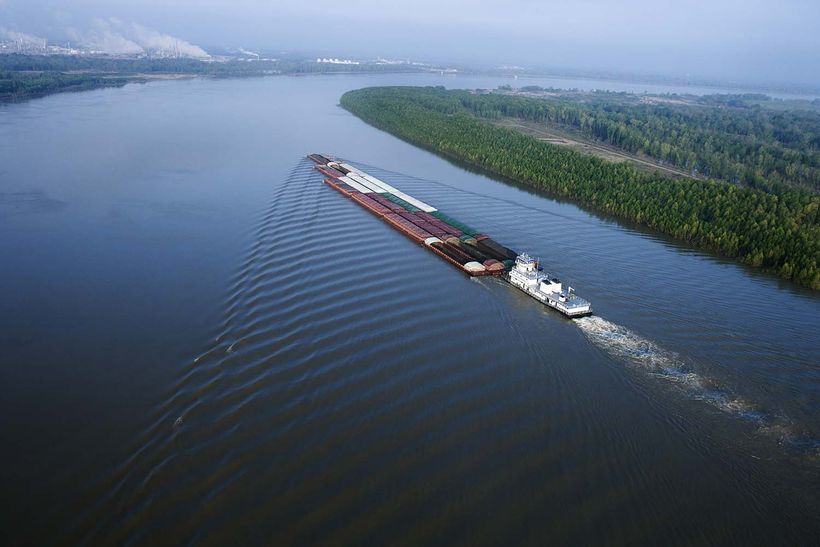Professor of Practice | Department of Economics
Marcus A. Coleman is an expert in agriculture, local food systems, urban agriculture and food access.
Professor of Practice | Department of Economics
Marcus A. Coleman is an expert in agriculture, local food systems, urban agriculture and food access.

For the second year in a row, the agricultural industry is grappling with extremely low water levels in the Mississippi River, which will once again increase commerce and shipping costs and drive up food prices.
The low water means barges are sent downriver with lighter loads and fewer barges tied together, forcing some farmers into multiple transport options.
Last fall, drought led to about 40 days of critically low water in parts of the Mississippi that hadn’t seen it in years – grounding barges, stalling traffic, blocking river ports at the height of harvest season and causing an estimated $20 billion in losses, according to AccuWeather.
Tulane University’s Marcus Coleman, an agriculture and food access expert, is available to speak on the following:
• Increased prices will be down the line for consumers due to rising costs to producers and in the supply chain.
• Alternative transportation options. Due to supply chain disruptions caused by lower river levels, farmers sometimes will have to find alternatives to get grain downriver. For some, this will include trucking grain further downriver with higher water levels. Trains could also be another option. This means higher transportation costs.
• Not only are drought conditions impacting river levels but the crop yield is impacted in some areas where irrigation is not readily available.
• The New Orleans region is the final hub before products move internationally.
For interviews, contact Roger Dunaway at roger@tulane.edu or 504-452-2906.
Professor of Practice | Department of Economics
Marcus A. Coleman is an expert in agriculture, local food systems, urban agriculture and food access.